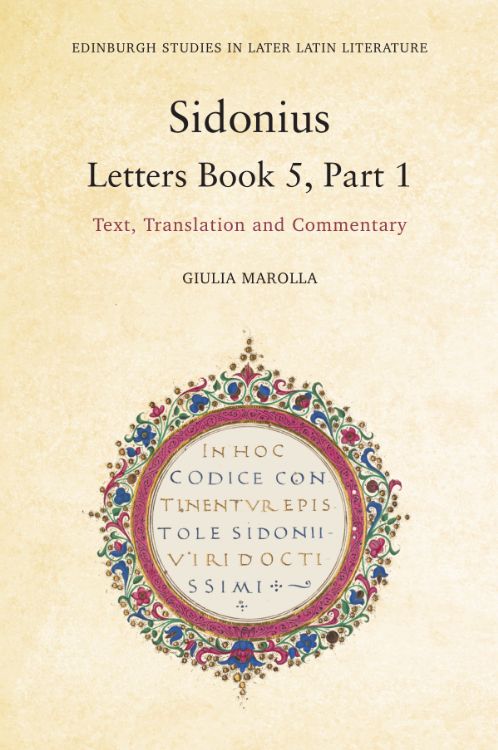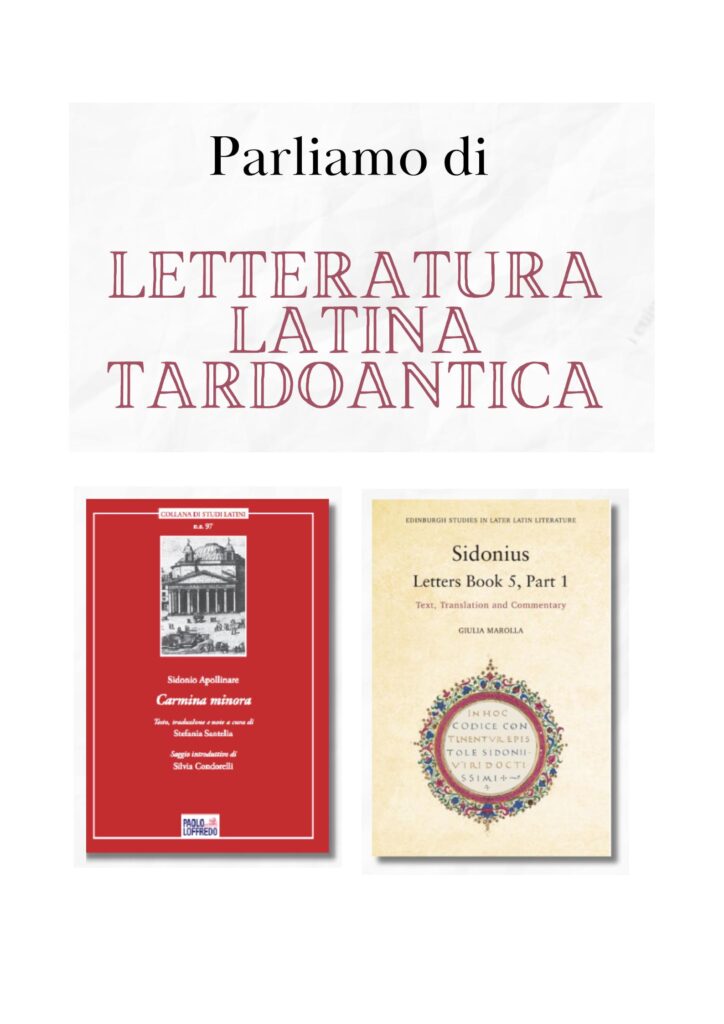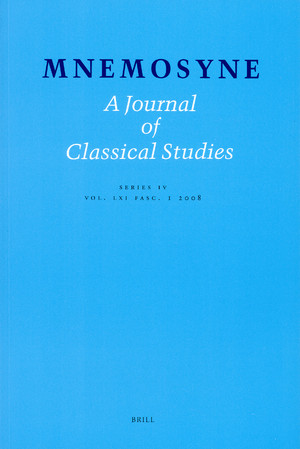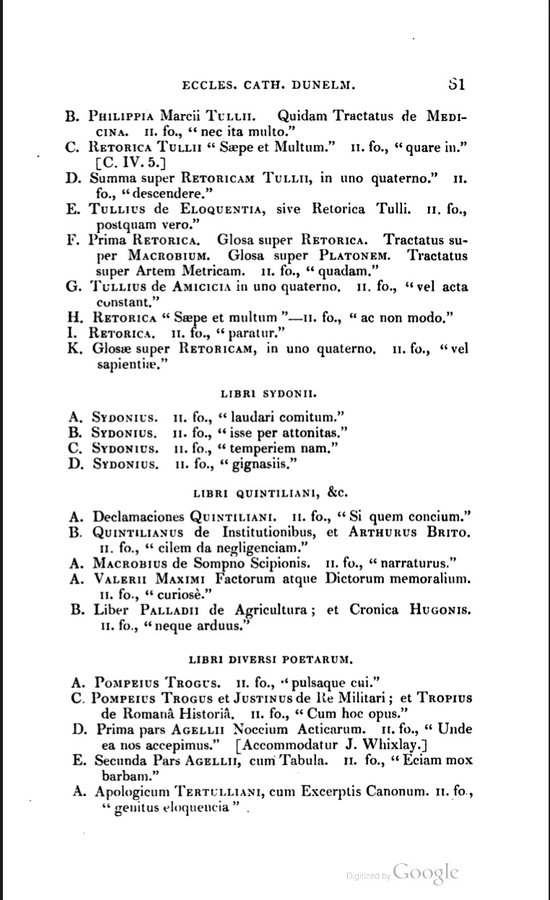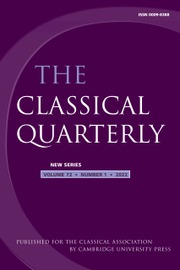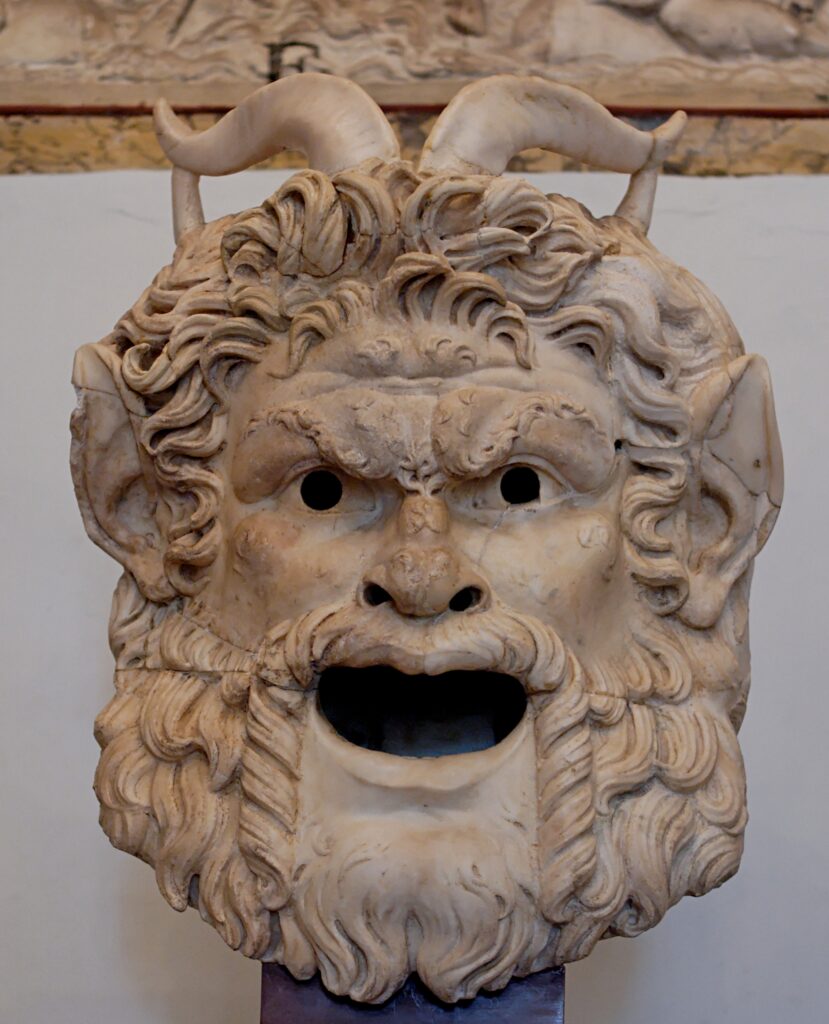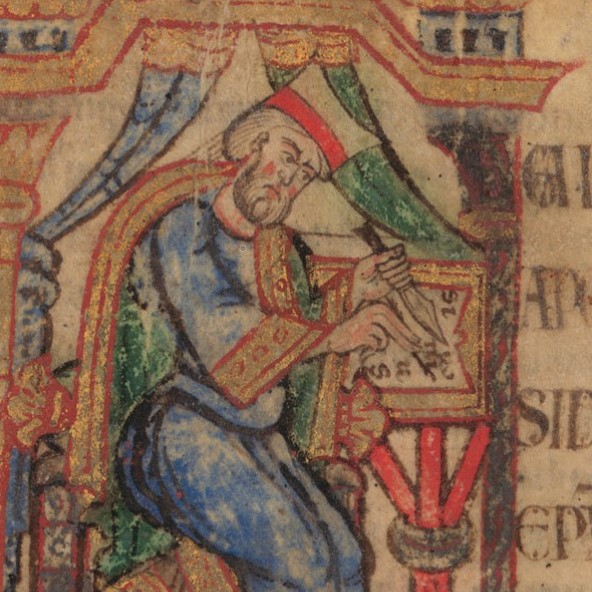The Classics Department of Edinburgh University has announced its research seminars for the first half of 2023. For Sidonius and late antique Gaul they include:
Wednesday 8 Feb, 5.10, Teviot Lecture Theatre
Giulia Marolla (Bari) Four Burgundian kings in fifth-century Gaul? The case of Sidonius Ep. 5.7.
Thursday 18 May, 2.10, Sydney Smith Lecture Theatre
Adrastos Omissi (Glasgow) Late Roman Italy, late Roman Gaul: their strategic and geographic relationship
These are hybrid lectures. Please contact Dr Ben Harriman (Benjamin.Harriman [at] ed.ac.uk) for the link; please also contact him if you wish to be added to the seminar mailing list.
Seminar organisers: Ben Harriman, Gavin Kelly

